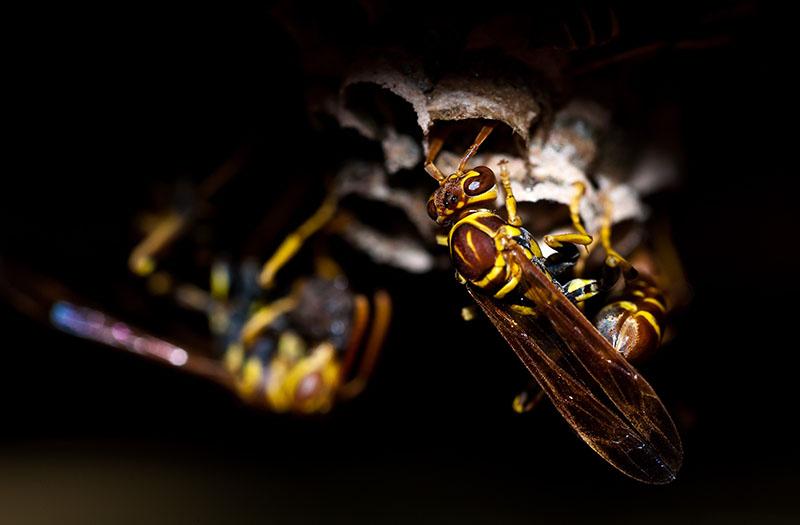South Nation Conservation (SNC) is fighting fire with fire in the battle against the emerald ash borer beetle—they’re bringing an insect of their own to the fray.
In this case, two-types of parasitic wasps will be introduced by SNC in an attempt to attack the borer before it emerges. According to the conservation organization, both wasp species are harmless to humans.
The emerald ash borer is an invasive beetle, native to Asia, which was first detected in North America in 2002. Since its arrival, it has killed tens of millions of ash trees.
“Despite best efforts, this invasive species continues to spread, causing considerable economic and ecological damage,” stated Pat Piitz, property team lead. “Our region has already seen the loss of thousands of trees.”
As part of control efforts, SNC has released two types of one millimetre, non-stinging wasps within a controlled area on one of SNC’s properties along Highway 138, near Moose Creek. One type of wasp is known to go after the borer eggs and the other the larvae. SNC says both types have a high affinity for targeting the emerald ash borer. The organization will continue to release additional wasps every two weeks.
Two Creeks Conservation Area along Highway 2 near Iroquois, will serve as an auxiliary release point next year.
Led by the Canadian Forest Service, with funding support from Natural Resources Canada, the project is the latest attempt to manage the population of the destructive beetle species involving SNC.
The wasps are reared at a facility in Michigan that provides wasps to 26 states, Ontario and Quebec. These insects are now being raised at a laboratory in Sault Ste. Marie.
Piitz indicated that SNC will receive a population estimate on the wasps and the target beetle after two years. After three years, some ash trees will be cut down to examine for parasitized larvae.
“Invasive species management actions such as these help us protect the natural ecology of ecosystems and biodiversity within our jurisdiction,” added Piitz. “We are hopeful that this effort will serve as another means of pushing back against the EAB.”
For more information, contact Pat Piitz by phone at 1-877-984-948 ext. 306, or by email at [email protected].


